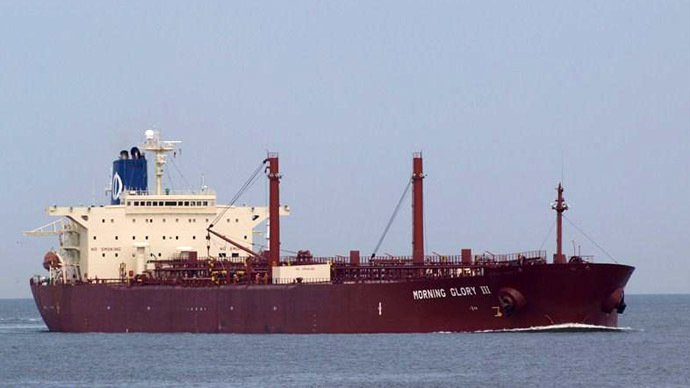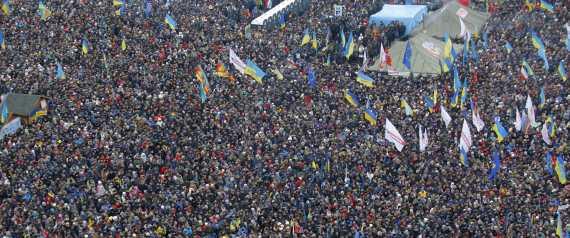Libya's eastern ports (Source: WorldBulletin)
So why is Libya even important in the energy marketplace? It has lots of it, particularly oil. While currently only producing about 150,000 barrels of oil per day (leaving the government near financial disaster, though this is denied by the government), Libya has produced upwards of 1.4 million barrels per day since the civil war and upwards of 1.8 million in the years preceding it. Overall, Libya has the ninth most oil reserves in the world, even while a significant portion of its land remains a hydrocarbon terra incognita. In addition, Libya has large natural gas reserves. The upside of Libya's energy sector remains inviting, given its size, small population, and proximity to Europe. That last benefit, a geographic one that cannot be easily overcome by competitors, is critical. Much of Libya's oil is exported to Europe and it has important natural gas pipelines connecting it to the European mainland via Italy. These energy connections may prove increasingly important as European tensions with Russia increase.
The agreement this week between the government and rebels - indicating a possible resumption of Libya's higher export levels - led to a fall in the market price of oil. However, with a ten-day window before oil flows from the ports and two to four weeks before the larger two ports may be handed over, there is little celebration elsewhere thus far; even optimists are cautious. Libya is an important cog in the international energy wheel, albeit a damaged one that has been turning for some time now. If Libya re-enters the energy scene at previous levels, it will make an impact and balance Europe's energy sources.





